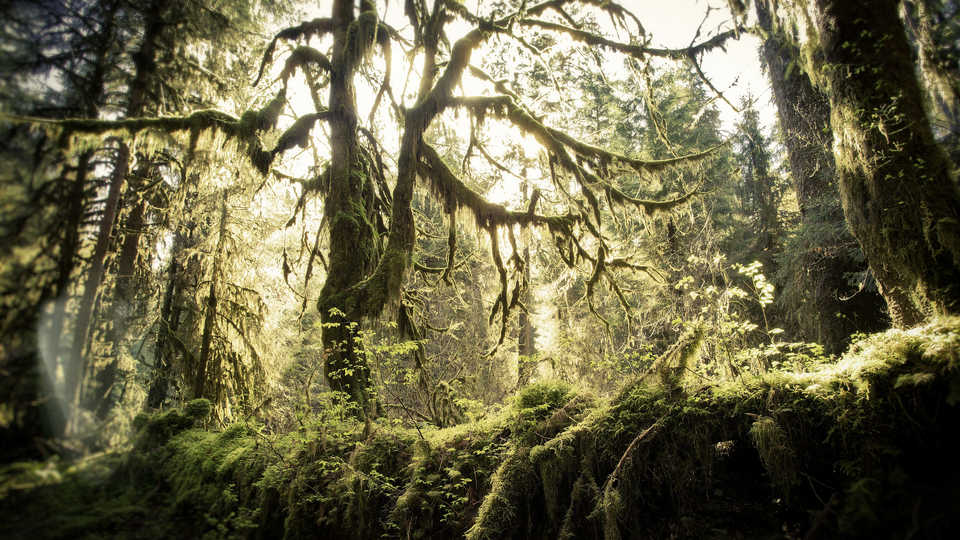Science News
Counting Trees

You’ve heard of bean counters, but what about tree counters? Yale scientists Thomas Crowther and Henry Glick could be labeled as such. In a study published today in Nature, the two quantify the number of trees on the planet: 3.04 trillion trees!
Just as you might shake your head at an accountant, what the heck do we need tree counters for, you might ask? Trees are the life support system for the planet, Crowther explains. “They store huge amounts of carbon, are essential for the cycling of nutrients, for water and air quality, and for countless human services. Yet you ask people to estimate, within an order of magnitude, how many trees there are and they don’t know where to begin. I don’t know what I would have guessed, but I was certainly surprised to find that we were talking about trillions.”
A previous study put the number at 400 billion trees, using both satellite imagery and forest area estimates, but Crowther and Glick dug a bit deeper. With their colleagues, the team looked at ground-based information. Using information gathered by national forests and other scientific studies, the researchers used true tree density measurements—over 425,000 of them!—to look at the satellite imagery in a whole new way.
“The diverse array of data available today allowed us to build predictive models to estimate the number of trees at regional levels,” says Glick. In fact, the data allowed the scientists to assess how the number of trees in each of those plots is related to local characteristics such as climate, topography, vegetation, soil conditions, and human impacts.
The biggest surprise of the study, besides the sheer number of trees on the planet? “The scale of human impact on tree density,” Crowther explained at a press conference yesterday. More than climate (think temperature and moisture), human activity is the largest driver of tree numbers worldwide. According to the new study, the total number has plummeted by roughly 46% since the start of human civilization. In addition, the authors found that tree densities usually fall as the human population increases. Deforestation, land-use change, and forest management are responsible for a gross loss of over 15 billion trees each year.
“We’ve nearly halved the number of trees on the planet, and we’ve seen the impacts on climate and human health as a result,” Crowther says. “This study highlights how much more effort is needed if we are to restore healthy forests worldwide.”
And in fact, five billion trees are regenerated each year, with plans for more. The study was inspired by Plant for the Planet and the Billion Tree Campaign to understand the impacts that tree-planting initiatives could have. And while a billion new trees would be a good contribution, Crowther says, there are plans to step that number up to a trillion.
Crowther stress that this type of tree counting is useful to inform policy-makers and conservationists to quantify and increase the numbers of these “most prominent and critical organisms of life on Earth.”
Image: Alex Green/Flickr